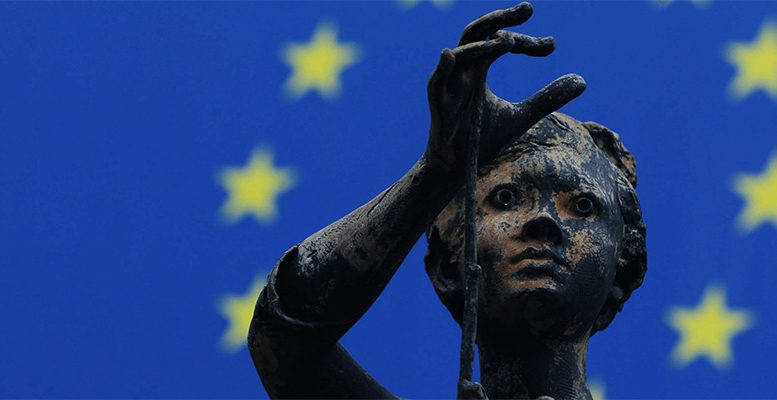Alvise Lennkh (Scope Ratings) | This week’s elections to the European Parliament will show whether the anti-system and eurosceptic parties have got stronger at the expense of traditional pro-European parties, which could have significant implications for how the EU functions over the next few years.
Scope Ratings expects a fragmented parliament to emerge. According to the latest polls, the two major parties – the centre-right European People’s Party and the centre-left Socialists – will get less than 50% of the vote between them for the first time since direct elections were introduced in 1979, which reflects a trend in various national electoral processes in Europe.
According to Alvise Lennkh, Scope analyst,
“The traditional pro-European parties should still have enough seats to form a majority coalition and continue pushing for European integration”.
“The main risk is that the anti-system and eurosceptic parties gain control of he parliament and they increase their potential capacity to introduce uncertainty in the elaboration of EU policy through the formation of tactical alliances. These alliances could influence, for example, the nomination of senior officials like the President of the European Council, the President of the ECB or the President of the Commission.”, Lennkh declared. Depending on their ability to operate as a cohesive bloc, they could also end up chairing a series of parliamentary commissions, whose membership must reflect the composition of the parliament as a whole.
Current polls suggest that the parties opposed to the system could win around 25% of the seats. If they win a third of the seats and then work together asa bloc – which we doubt in Scope – they could block the individual nominations for the European Commission, although not for College of Commissioners itself. The election or rejection of the College requires a majority of votes in the parliament.
Lennkh claims that “The anti-system and eurosceptic influence in the composition of the new parliamentary commissions and of the EC could have significant implications for the international image of the EU, foreign policy, migration policy and trade, as well as the priorities for the new EU budget.”
“A related factor is the challenge that the pro-European parties could find in working together and reaching compromise counting on a narrow majority divided between multiple groups.”
Scope expects that the leaders of the principal EU parties will have to incorporate other groups, like the liberal groups ALDE (Alliance of Liberals and Democrats for Europe) or the European Greens, who will probably benefit from the European socialists’ loss of support from the apparent alienation of voters for traditional parties in Germany, France, Spain and Italy.





